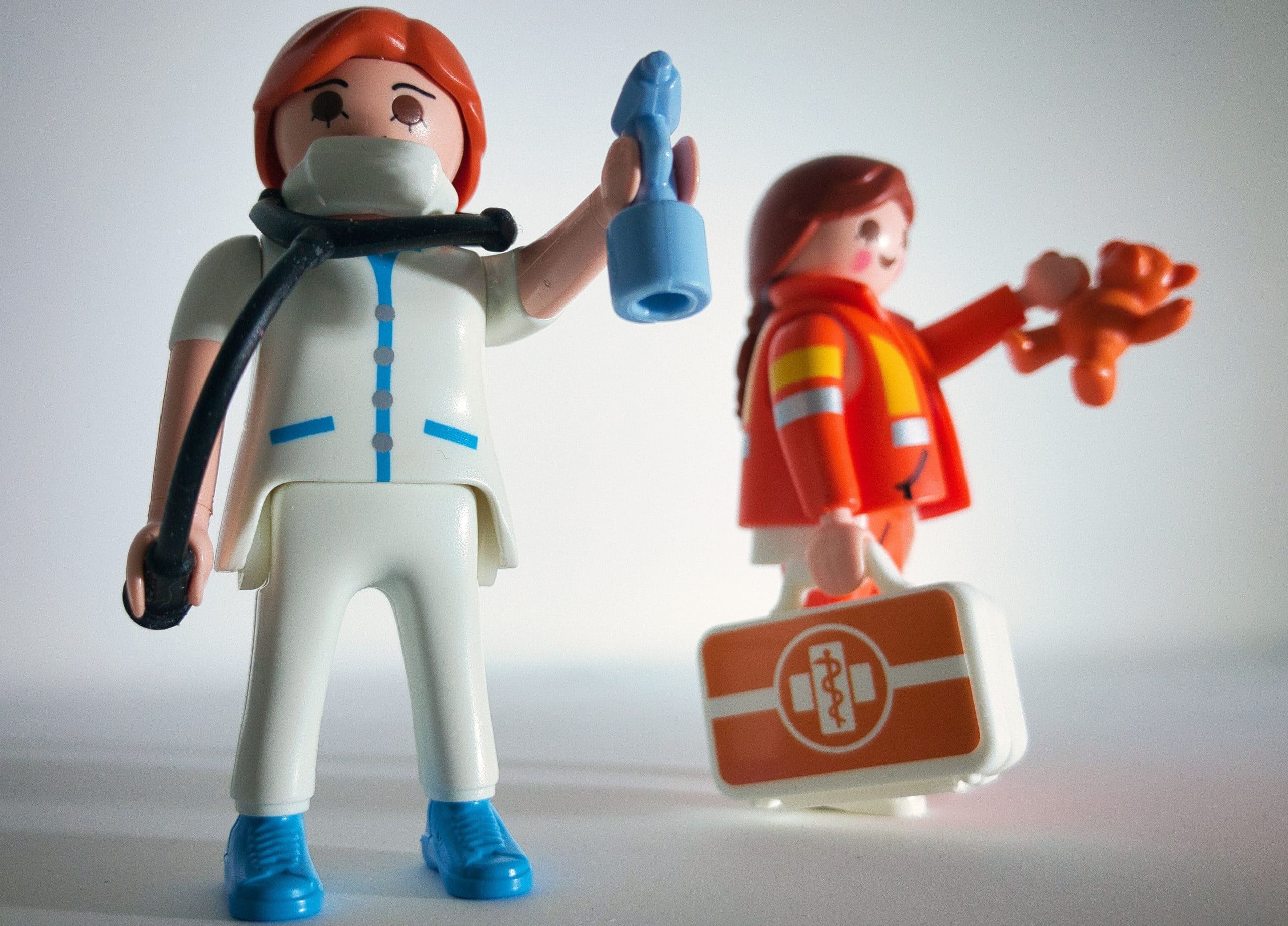How to Raise Children to be Helpful?

Helpfulness is an important part of good social development and according to Peter Gray, Ph.D., “Researchers have found strong evidence that very young children innately want to help, and if allowed to do so will continue helping, voluntarily, through the rest of childhood and into adulthood.” This is why we should let the toddlers, the twos, and the three-year-olds help whenever possible – they can put toys back on the shelf, loading and unloading the laundry, setting the table for meals, and helping with food preparation. It can get messy and consume time but you don’t have to do it every day, you can save it for the weekend if your child is already getting helpfulness practice at school!
Throughout November, Choo Choo Train Baby & Child Care Centre will also introduce children to the helpers in our community through storybooks, role-playing, and other age-appropriate activities which have lots of benefits for them including:
- Ensuring their safety by teaching them how to ask for help, and who to ask for help.
- Inspiring interest in possible careers by introducing different exciting jobs that keep the community safe, clean, and orderly.
- Encouraging community spirit by teaching good habits that help the community helpers such as not littering.
So, who are our community helpers? Community helpers are everywhere at home, at school, at the library, at the store – they are hardworking men and women who make our lives easier.
They are the ones who help us learn: Teachers and librarians
They are the ones who keep us safe: Police officers, firefighters, security guards, emergency workers
They are the ones who provide our food: Farmers, chefs, cooks
They are the ones who help us stay healthy: Doctors, dentists, nurses
They are the ones who keep our communities clean: Custodians, garbage and recycling collectors
They are the ones who help us while travelling: Road construction workers, crossing guards, transit drivers
They are the ones who help us at home: Construction workers, utility workers, plumbers, delivery people
They are the ones who care for animals: Veterinarians, pet groomers
Parents can easily enhance this learning by helping your child to recognize community helpers and interact with them in daily life. Point out the different jobs, the different uniforms, and the different special vehicles you see in public places. You can teach your child who to find and what to say if they get lost in a public place. You can teach your real names to your child besides just mom and dad. You can help your child to describe how he or she feels during doctor visits. You can let your child practice asking for help finding an item he or she is looking for at the store and at the library.